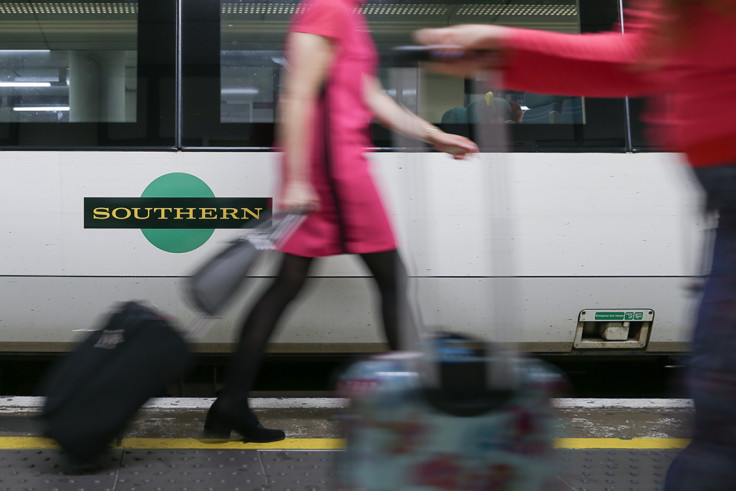Rail commuters brace for biggest increase in fares in five years
Rail operators expected to hike fares by 3.5%, as trade unions complain of poor service for money.

Rail passengers are bracing themselves for a fresh increase in regulated rail fares from January 2018, while unions claim commuters are being left shortchanged.
Train operators in Britain are allowed to increase rail fares by as much as July's rate of inflation as measured by the Retail Price Index (RPI), which will be released at 9.30am BST this morning.
The price increase will hit season tickets across England and Wales, as well as "anytime" fares and some off-peak tickets. In Scotland, where the government caps the rail increase to RPI minus 1%, off-peak fares will increase but by a smaller amount, while ticket prices in Northern Ireland are expected to remain unchanged.
The cost of unregulated train fares, which include super off-peak travel and advance tickets, will be set in December.
With the RPI expected to come in at 3.5%, commuters face the largest price hike in five years amid calls from trade unions and consumer groups that passengers were fed up of getting poor value for their money.
"Wages are not keeping pace with inflation and performance remains patchy," said a spokesperson for Transport Focus, which represents the interests of passengers.
"Passengers, especially commuters, face potential strike action, the consequences of the continual rise in passenger numbers, and disruption caused by railway upgrades."
The group called for the government to change the system regulating price increases, suggesting hikes should be based on the Consumer Price Index (CPI) rather than on RPI. The CPI, which currently stands at 2.6%, is normally lower than its counterpart and is the government's favourite measure of inflation.
However, the Department for Transport rejected the suggestion as the RPI was used across the industry and said the increase in fares was justified by improvements to the network.
"We are investing in the biggest rail modernisation programme for over a century to improve services for passengers - providing faster and better trains with more seats," a spokesperson for the said.
"We have always fairly balanced the cost of this investment between the taxpayer and the passenger."
According to the Rail Delivery Group, the trade body which represents train operators, there would be an extra 170,000 seats available for commuters by the end of 2019.
The Rail Delivery Group, which represents train operators, said there would be an extra 170,000 seats for commuters by the end of 2019.
© Copyright IBTimes 2025. All rights reserved.






















